Advantages of Choosing Custard Apple Trees
Custard apple, also known as Annona squamosa or sugar apple, is a tropical fruit tree valued for its sweet, creamy pulp and wide range of health, environmental, and economic benefits. Originating from the tropical regions of South America and the West Indies, custard apple trees are now cultivated in many parts of Asia, Africa, and Australia. They are hardy, low-maintenance, and rewarding plants that provide both nourishment and income opportunities.
In this article, we will explore in detail the many advantages of choosing custard apple trees for home gardeners, commercial farmers, and environmental enthusiasts. From health benefits and medicinal value to economic opportunities and environmental advantages, custard apple trees are a treasure worth planting.
Custard apple trees are more than just fruit-bearing plants—they are a source of nutrition, health, economic security, and environmental sustainability.
1. Nutritional Richness of Custard Apple Fruit
One of the primary reasons people choose custard apple trees is the exceptional nutritional value of the fruit. The pulp of custard apple is creamy, fragrant, and sweet, making it not only delicious but also highly nutritious.
Rich in Vitamins: Custard apple is an excellent source of Vitamin C, a powerful antioxidant that boosts the immune system, protects against infections, and promotes healthy skin. It also contains B-complex vitamins like B6, riboflavin, and thiamine, which support energy production and brain function.
Mineral Content: The fruit is loaded with essential minerals such as potassium, magnesium, calcium, and iron, which contribute to heart health, strong bones, and improved blood circulation.
Dietary Fiber: Custard apples are high in dietary fiber, which helps improve digestion, prevent constipation, and support weight management.
Low in Fats: Despite its creamy texture, the fruit is naturally low in unhealthy fats, making it suitable for balanced diets.
This unique combination of nutrients makes custard apple a powerful superfood that enhances overall well-being.
2. Health Benefits of Eating Custard Apples
Eating custard apples regularly offers numerous health advantages, making them a highly desirable fruit to grow.
Boosts Immunity: With high levels of Vitamin C and antioxidants, custard apples help fight free radicals, reducing the risk of chronic diseases.
Supports Heart Health: The potassium and magnesium present in the fruit regulate blood pressure, strengthen the heart muscles, and reduce the risk of cardiovascular problems.
Improves Digestion: The natural fiber content promotes smooth bowel movements and helps in detoxifying the digestive system.
Good for Pregnant Women: Custard apple is often recommended for pregnant women as it contains folate and other essential nutrients that support fetal development and reduce the risk of birth defects.
Beneficial for Skin and Hair: The antioxidants and Vitamin A in the fruit contribute to glowing skin, reduced wrinkles, and healthy hair growth.
Regulates Diabetes: Despite being sweet, custard apples have a low glycemic index, which means they release sugar slowly into the bloodstream, making them suitable for diabetic patients when consumed in moderation.
Enhances Brain Function: The Vitamin B6 in the fruit supports neurotransmitter function, reducing the risk of depression and improving memory and mood.
By planting custard apple trees, families gain year-round access to these health-promoting fruits.
3. Easy to Grow and Maintain
Custard apple trees are relatively easy to cultivate compared to many other fruit trees. This is one of the strongest advantages for both home gardeners and commercial farmers.
Drought Tolerance: Once established, custard apple trees can withstand dry conditions, making them suitable for regions with limited rainfall.
Low Maintenance: They require minimal care, pruning, and fertilization compared to more demanding fruit trees like mango or citrus.
Pest Resistance: Custard apple trees are naturally resistant to many common pests and diseases, reducing the need for chemical pesticides.
Adaptable to Soil Types: They can thrive in sandy, loamy, or slightly rocky soils, provided the soil has good drainage.
Because of their hardy nature, custard apple trees are perfect for both beginner gardeners and seasoned farmers.
4. High Yield and Productivity
Another advantage of custard apple trees is their impressive productivity.
Quick Bearing: Custard apple trees begin bearing fruit within 3 to 4 years of planting, which is relatively fast compared to other fruit trees.
Abundant Harvests: A mature tree can produce a large quantity of fruits every season, providing food security and surplus for sale.
Seasonal Availability: The fruiting season generally aligns with high market demand for fresh fruits, ensuring good profits for farmers.
This makes custard apple trees both a sustainable food source and a reliable income generator.
5. Economic Benefits for Farmers
For small-scale and large-scale farmers, custard apple trees offer significant economic advantages.
High Market Demand: Custard apples are popular in local fruit markets as well as international trade due to their unique taste and health benefits.
Value-Added Products: Beyond selling the fruit, farmers can produce value-added items like custard apple pulp, ice creams, juices, jams, and desserts, creating additional income streams.
Export Opportunities: With growing demand in global markets, particularly in countries where custard apple cannot be cultivated, exporting the fruit is a profitable option.
Employment Generation: Cultivation, harvesting, processing, and selling custard apples create job opportunities in rural communities.
By growing custard apple trees, farmers can diversify their agricultural income while also supporting local economies.
Note:Custard apple trees are more than just fruit-bearing plants—they are a source of nutrition, health, economic security, and environmental sustainability.
6. Environmental Benefits
Custard apple trees are not just beneficial for people but also for the environment.
Soil Enrichment: The fallen leaves and organic matter from the tree decompose and enrich the soil with natural nutrients.
Erosion Control: Their root systems help prevent soil erosion in hilly or sandy areas.
Carbon Sequestration: Like all trees, custard apple trees absorb carbon dioxide and release oxygen, helping combat climate change.
Biodiversity Support: The flowers and fruits attract pollinators such as bees, butterflies, and birds, contributing to ecological balance.
Planting custard apple trees, therefore, plays a role in promoting sustainable agriculture and environmental conservation.
7. Versatility of Custard Apple
Custard apple is versatile in terms of both culinary and medicinal uses.
Culinary Uses: The creamy pulp is eaten fresh or added to milkshakes, smoothies, ice creams, desserts, and baked goods. In many cultures, it is blended into cooling drinks during hot summers.
Medicinal Uses: Different parts of the tree, including the leaves, bark, and seeds, are used in traditional medicine. The leaves are believed to have anti-inflammatory, anti-bacterial, and anti-diabetic properties. Seeds, when properly processed, are used as natural insecticides.
Cultural Importance: In some regions, custard apple trees are valued for their cultural and spiritual significance, symbolizing fertility, prosperity, and good health.
This versatility adds to the reasons why choosing custard apple trees is a wise decision.
8. Long-Term Benefits for Home Gardeners
For homeowners and garden lovers, custard apple trees provide more than just fruits.
Shade and Beauty: With their lush green foliage and spreading branches, custard apple trees enhance the aesthetic appeal of gardens while providing shade.
Food Security: Growing your own custard apple tree ensures a steady supply of fresh, chemical-free fruits for the family.
Cost-Effective: Instead of buying the fruit at high market prices, homegrown custard apples reduce household expenses.
Educational Value: Caring for a custard apple tree provides children and adults with hands-on learning about nature, sustainability, and food cultivation.
These long-term advantages make custard apple trees an excellent addition to backyard orchards and community gardens.
9. Suitable for Climate Change Adaptation
As climate change affects global agriculture, farmers and gardeners must adopt crops that can tolerate uncertain weather conditions. Custard apple trees are well-suited for this challenge.
They are tolerant of high temperatures and occasional drought.
They adapt well to semi-arid and tropical climates.
They continue to yield fruit even under less-than-ideal weather conditions.
This resilience makes custard apple trees a dependable crop for the future.
10. Sustainability and Organic Farming Potential
Custard apple trees are highly compatible with organic farming practices.
They require fewer chemical inputs.
Farmers can easily cultivate them alongside other crops in mixed farming systems.
Organic custard apples fetch premium prices in health-conscious markets.
This makes custard apple cultivation not just profitable but also environmentally sustainable.
Conclusion
Custard apple trees are more than just fruit-bearing plants—they are a source of nutrition, health, economic security, and environmental sustainability. Whether you are a home gardener seeking fresh and healthy fruits, a farmer aiming for profitable returns, or an environmentalist promoting sustainable practices, custard apple trees offer countless advantages.
Their nutritional richness, medicinal properties, ease of cultivation, high yields, and eco-friendly nature make them a perfect choice for diverse climates and communities. In an era where people are increasingly focused on healthy eating, sustainable farming, and food security, choosing custard apple trees is truly a wise and rewarding decision.
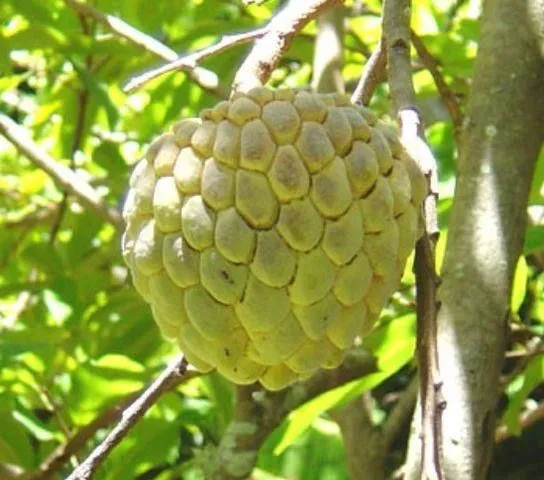



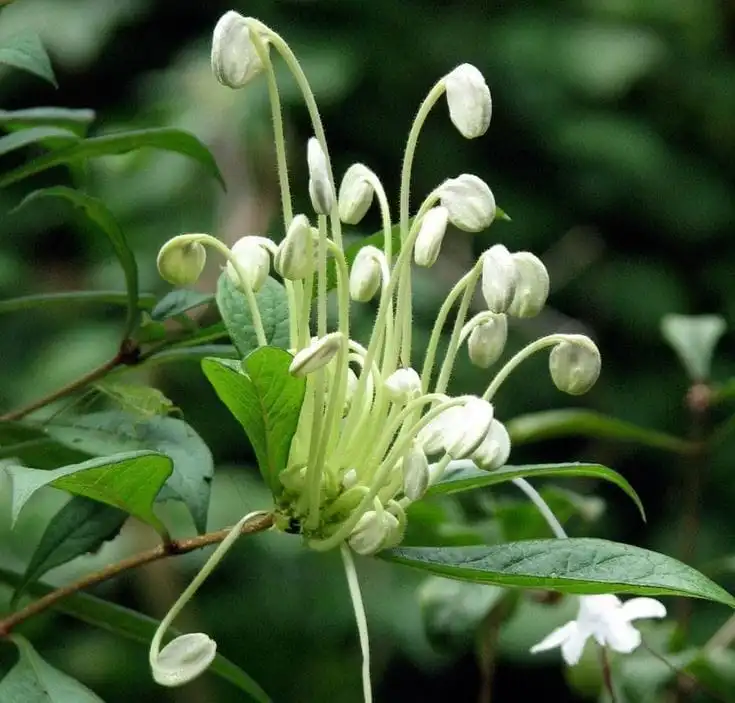
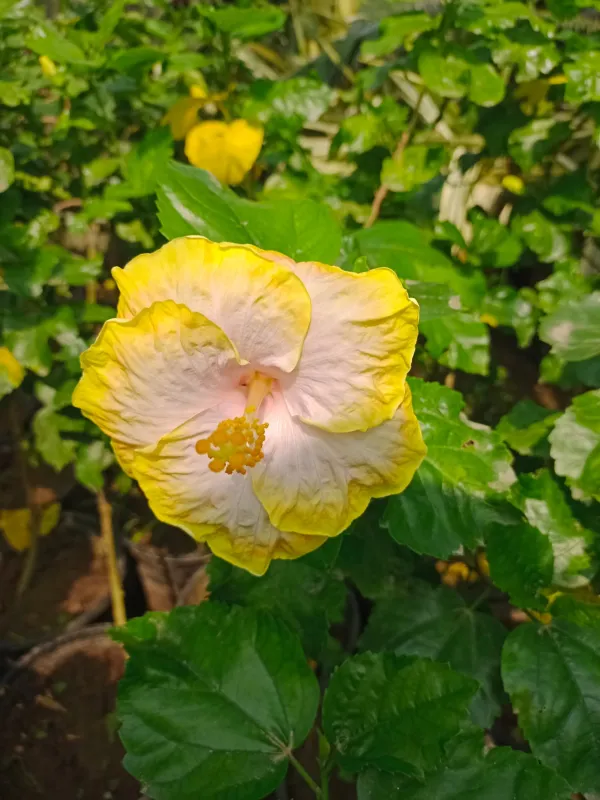

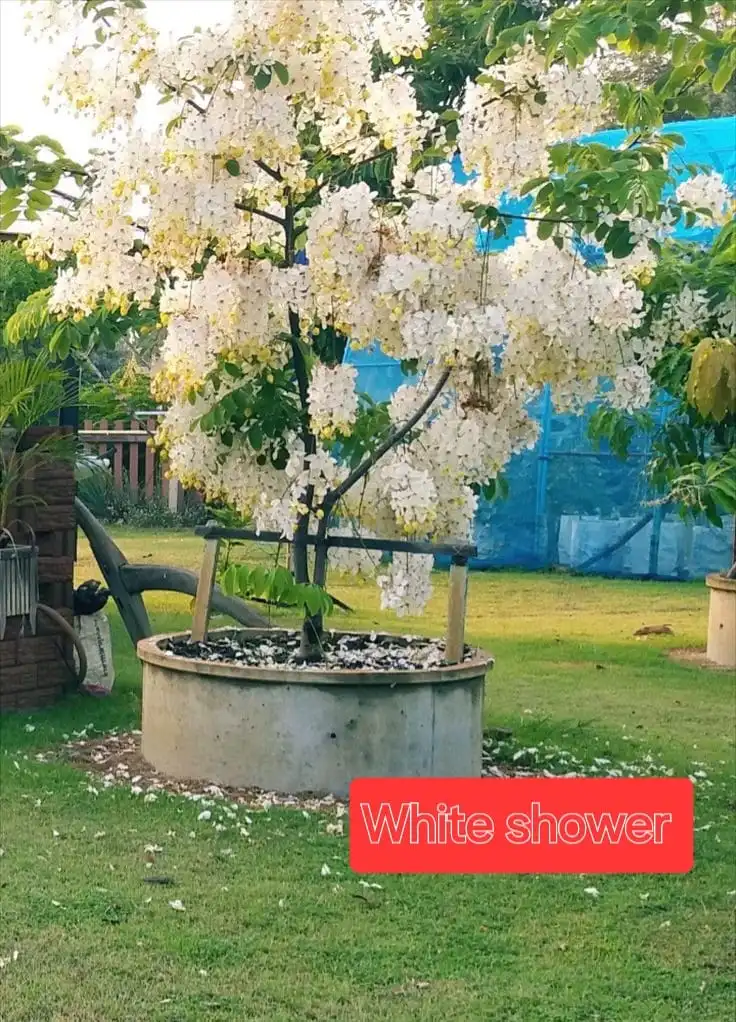
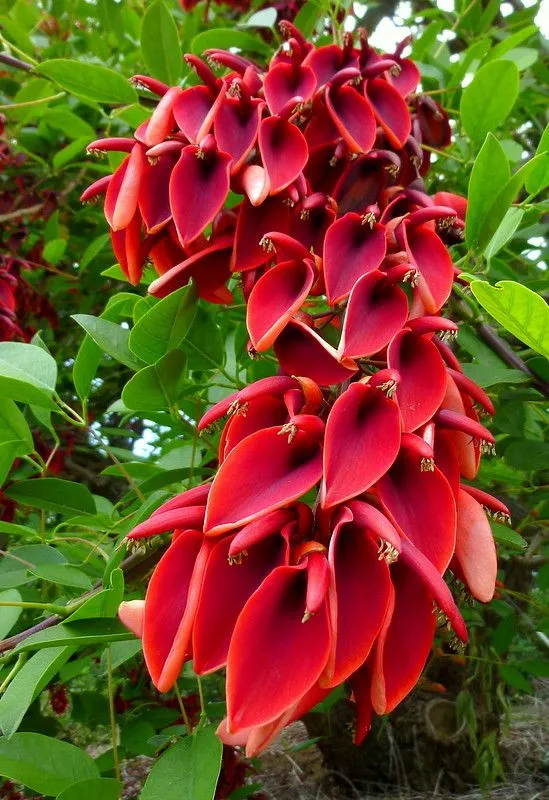
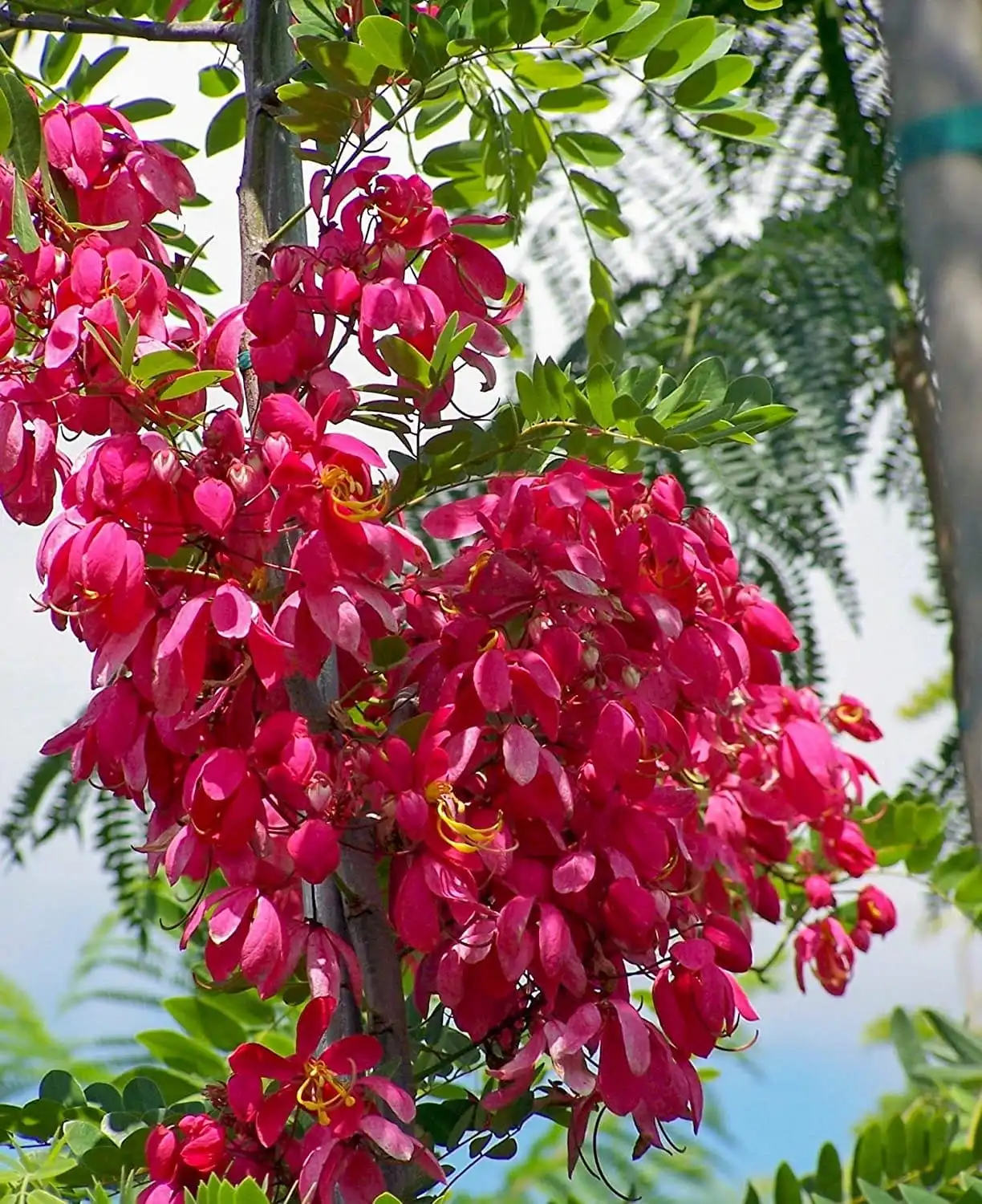
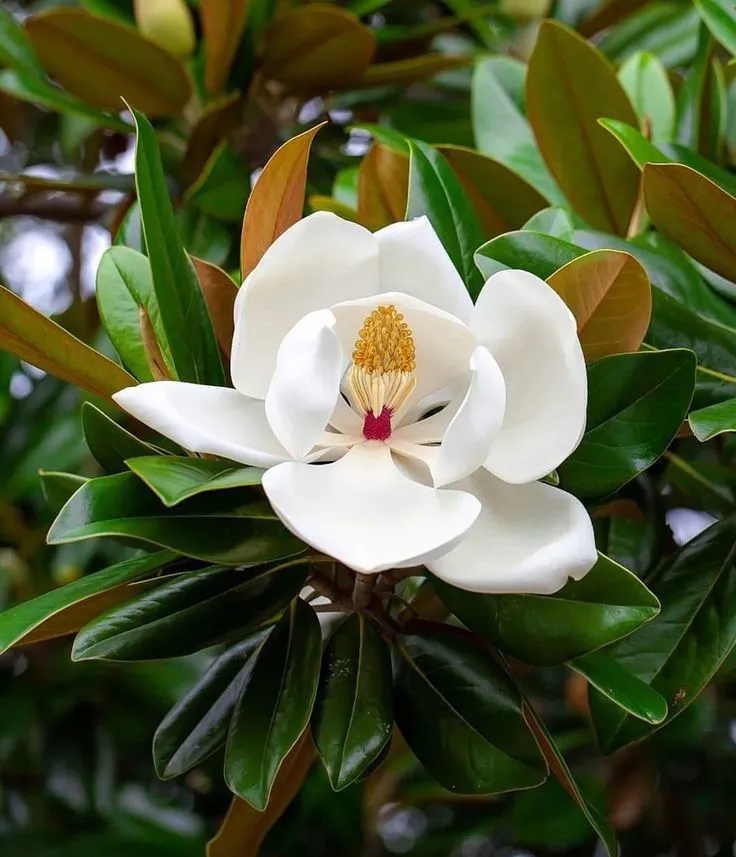


Leave a Reply